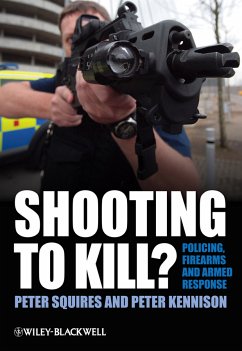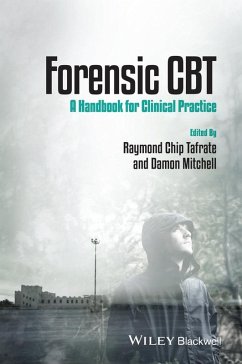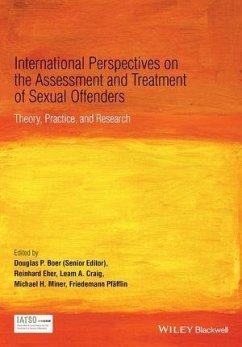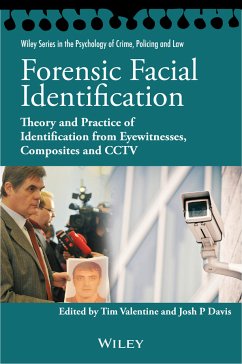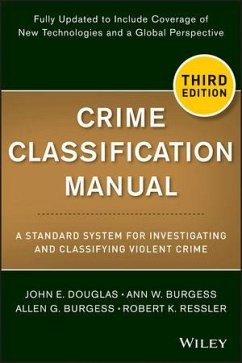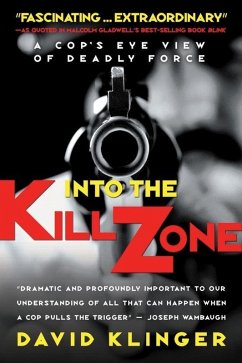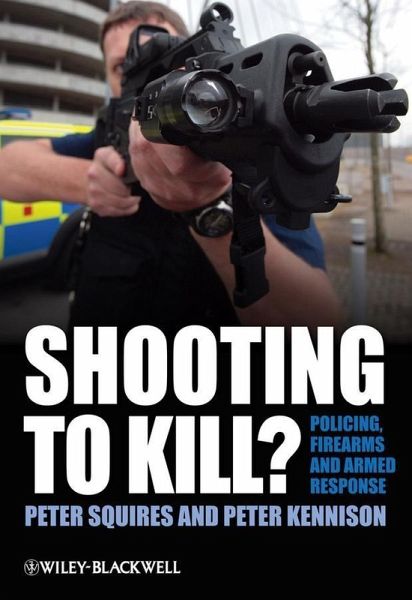
Shooting to Kill? (eBook, PDF)
Policing, Firearms and Armed Response
Versandkostenfrei!
Sofort per Download lieferbar
37,99 €
inkl. MwSt.
Weitere Ausgaben:

PAYBACK Punkte
0 °P sammeln!
Shooting to Kill? Policing, Firearms and Armed Response explores the dilemma of armed response policing in the UK, and policing in a gun culture. * Offers the first critical exploration of the ACPO code of guidance on Police Use of Firearms and other tactical manuals * Includes interviews with senior police firearms managers and critical case studies of police firearms incidents * Features the first in-depth, academic analysis of the Stockwell shooting incident and the Kratos policy * Provides a review of key developments in armed response policing around the world * Describes the crucial phas...
Shooting to Kill? Policing, Firearms and Armed Response explores the dilemma of armed response policing in the UK, and policing in a gun culture. * Offers the first critical exploration of the ACPO code of guidance on Police Use of Firearms and other tactical manuals * Includes interviews with senior police firearms managers and critical case studies of police firearms incidents * Features the first in-depth, academic analysis of the Stockwell shooting incident and the Kratos policy * Provides a review of key developments in armed response policing around the world * Describes the crucial phases in armed response policy development in Britain and explores the consequences of arming the police
Dieser Download kann aus rechtlichen Gründen nur mit Rechnungsadresse in D ausgeliefert werden.



